How to choose a dive center
When you take a trip to a new dive location, whether it’s for a fun time or to seek higher dive certification, you’ll probably have to go through the awkward moment of choosing a dive resort to carry out with. is flat.
You will probably have to use a lot of time, but it is good to make that effort, because by choosing well, you are not only betting on your safety, but you are also guaranteeing your enjoyment while diving. Take a look to our article Costa Rica dive shops and learn things to consider about dive shops.
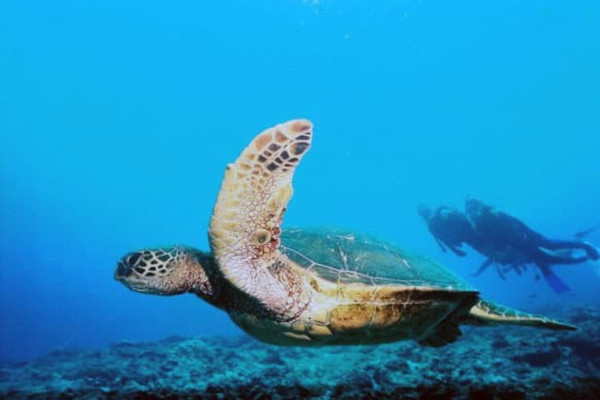
What you should prioritize when choosing a dive center in a place you visit for the first time:
- The first thing is your safety above all else.
- Divemasters must be experienced, knowledgeable about the diving area and really love this job.
- You must ensure that the diving area is one of the best in the area.
- Prices are very important, they must be good/fair
- You could opt for free and/or discounted accommodations.
Consider the following tips or steps when choosing a dive center you want to dive with:
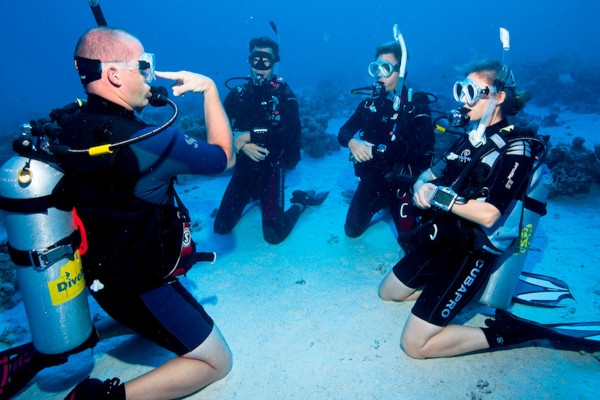
Step #1: Research area dive centers before arriving at the dive site.
If you have friends who have already visited the place you plan to go, ask them what their experience was, good or bad with their dive operator.
Write down the names of the dive centers and follow up on sites, such as Tripadvisor, to see the comments made by divers, positive and negative.
If you see negative comments you can start with these to place on a list of removed stores.
- The first thing to consider should be the safety record of the chosen dive shop, so the main negative references with your dive operator may be:
- Deficiency in the maintenance of diving equipment and boats, and/or very notorious equipment failures.
- Overcrowded boats.
- The danger of lowering unqualified beginning divers beyond the depth limits for which they are certified (for example, taking an open water diver deeper than 18 m), or on special dives (wrecks, night, nitrox, etc.) for which beginning divers are not qualified.
- Lack of attention/credential to divers’ complaints about situations such as those mentioned above.
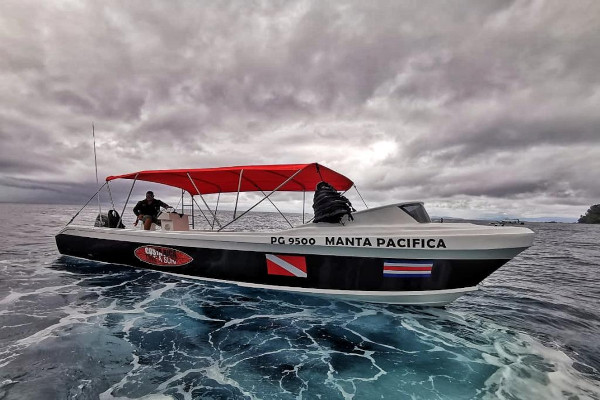
Another negative sign is if the dive shops in question tolerate divers touching coral and wildlife while diving.
This generally indicates that they are not a particularly careful organization.
When you have selected some stores, check the prices on their websites and contact them by phone or email to ensure clarity about their prices and terms (the websites may be out of date).
You should have a list of three or four favorite dive shops based on this process of elimination.
Step #2 – Visit preferred dive shops in person upon arrival at the location.
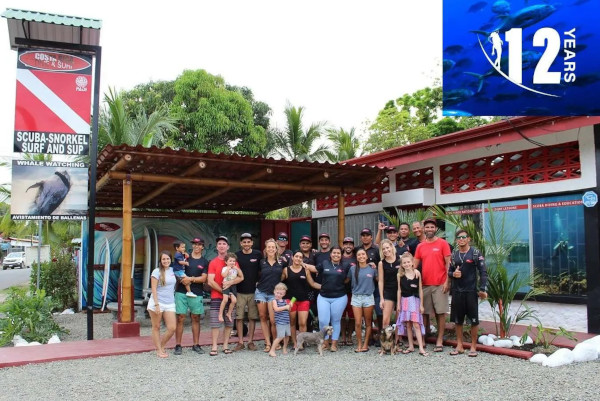
Spend several hours once you arrive at the venue and talk directly to the owners/instructors if possible and ask questions like these:
What is the TOTAL COST of diving with that dive shop?
Each dive shop has its own price list, so it is very important that you make sure you understand all the costs before you sign up. Questions to ask:
- Are all taxes included in the costs listed, whether it’s for certification courses and/or fun dives?
- Does diving in said area include reef fees and are they included in the costs or are they additional?
- Is the equipment (regulator, BCD, booties and fins, wetsuit, mask, snorkel, tank) part of the indicated costs?
- Are there discounts if I use my own equipment instead of renting (if you bring equipment)?
You should make sure to ask the person in the office to give you the EXACT price of either their certification course or fun dive package so there are no nasty surprises already using your chosen package.
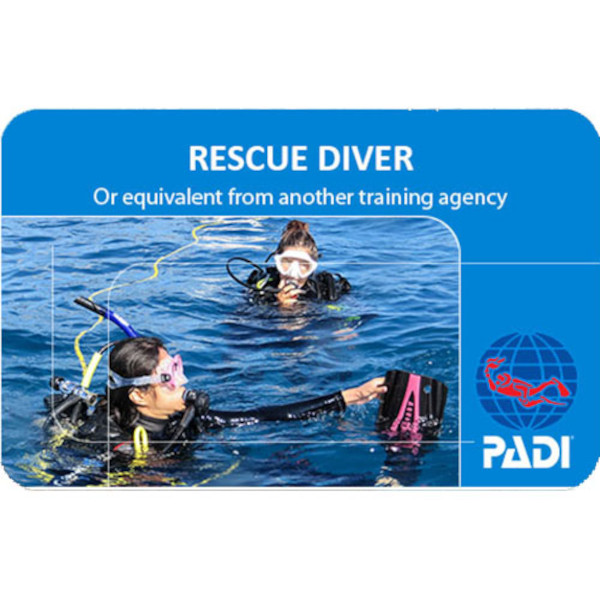
How many dive boats does the dive shop have and how many do they ship each day?
There are dive shops that only ship one boat a day.
Others send out multiple boats in the morning and afternoon, and even at night. The higher the frequency of boat departures, the more flexibility you will have as a diver and you may have more options of dive sites.
Can that dive shop separate advanced divers from beginners?
This is important because the interest of each diver is different. Perhaps an advanced diver wants to visit deeper dive sites, which could limit him if he is together with a beginner diver under the same instructor or guide. Separate boats means more flexibility and of course more fun.
What dive sites will the dive shop go to in the next few days?
Typically, dive shops have a calendar with listed/projected dive sites and an area for divers to check in on dive boats.
Ask to see the board and write down the dive sites and how often they will be visited. In case boats are not listed for the next few days, ask why.
There are factors such as the weather forecast, the lack of divers or problems with the equipment, or even an organizational oversight.
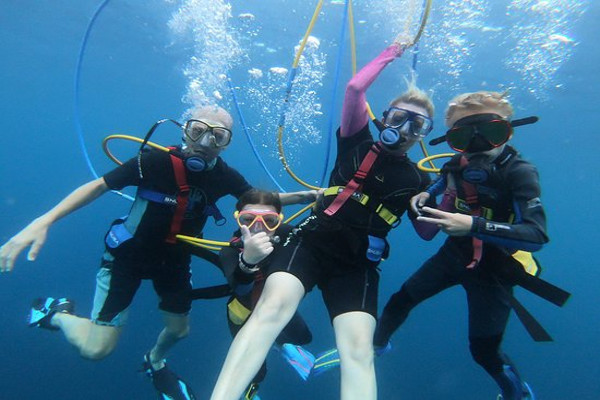
How many divers are currently diving with that store and do they do the certification courses or fun dives?
In case there are few customer divers in that dive shop, it will be less willing to send boats; for example, for the cost of fuel. Conversely, if there are TOO MANY people in the dive shop, it becomes more difficult to secure a spot on a given dive boat if they are small or limited to one per day.
If a certain dive shop is all students completing a certification course, it may not be the best place for you as a fun diver, as the boats will go to places known for teaching and skill development and not exactly those known for its interest, beauty and wildlife.
Can I easily see the diving equipment that I will use, as well as the conditions of the boat(s)?
Even if a beginner feels strange with a diving equipment for the first time, it is still important to take a look. If you don’t have access to the equipment room, or if the equipment is visibly broken, that’s not a good sign. Also take a look at the boat. Is it a boat you’d like to ride?
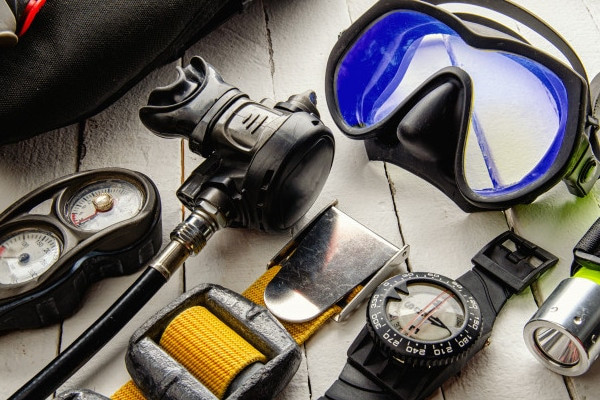
Is there free or reduced cost accommodation available for divers through the dive center?
There are options at some dive resorts that can give you a room for little or no cost if you sign up for a certification course or a certain number of fun dives. Other resorts don’t have that option. You can ask around how many dollars you would save.
Is it possible to meet the person who would be my course instructor and/or dive master beforehand?
Sometimes this is not possible, but if you can it is very helpful to talk in person. Because after all, your relationship with your dive instructor and/or master will be fundamental to your comfort and enjoyment while diving.
Padi Advanced Open Water diver
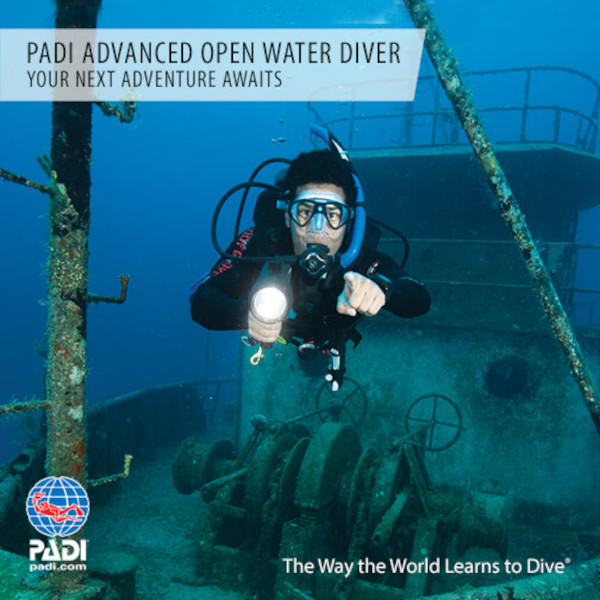
Can I combine some free “fun dives” with a certification course?
There are places like Utila, Honduras, where dive shops offer some free “fun dives” with each certification course but are not part of it. You could also ask if additional dives are possible where you are.
Step #3: Talk to other divers in the area.
It is possible that if you are in a coastal town or on an island, there are other divers in the same place. Talk to them and ask them questions, like these:
What is the dive shop they are diving with?
Do you like your dive shops or do they have reservations? In a place you don’t know, a strong personal recommendation is very useful.
Did they have discounts with that store and/or free or reduced-price accommodation?
You could also try to match or beat that deal.
What are the best dive sites you have found in the area?
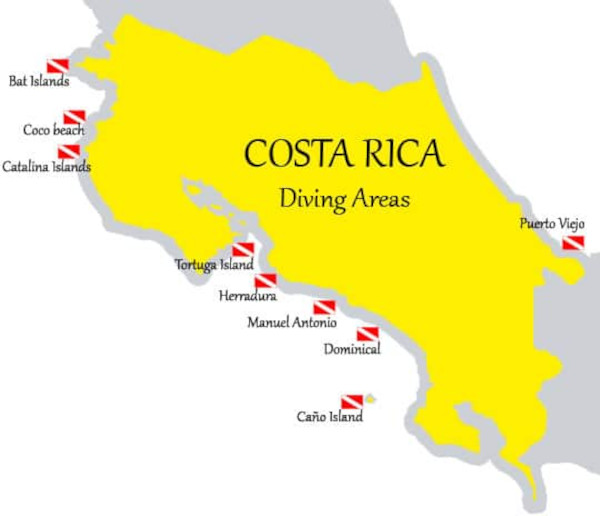
Also read: Scuba Diving in Costa Rica: Best spots, conditions and prices in 2025
It is important that you take note of the names and compare them with the places that the local dive shops plan to visit in the next few days.
Also, find out how deep the chosen sites are. There’s no use getting excited about a 25 meter deep dive site if it’s only certified for 18 meters (of course you can always upgrade your certification to go deeper).
Step #4: Choose a dive shop!
In general, you should gather enough information before choosing a dive shop. But if you don’t have time to do that, make a call that you feel comfortable with, based on the following:
- Overall reputation and safety record of the dive shop through conversations and investigations.
- Diving costs must be balanced with possible free/discounted rooms and other incentives such as free and fun dives.
- Accessibility to excellent dive sites and frequency of boat departures to preferred sites.
- Make a choice that you feel at peace with.
